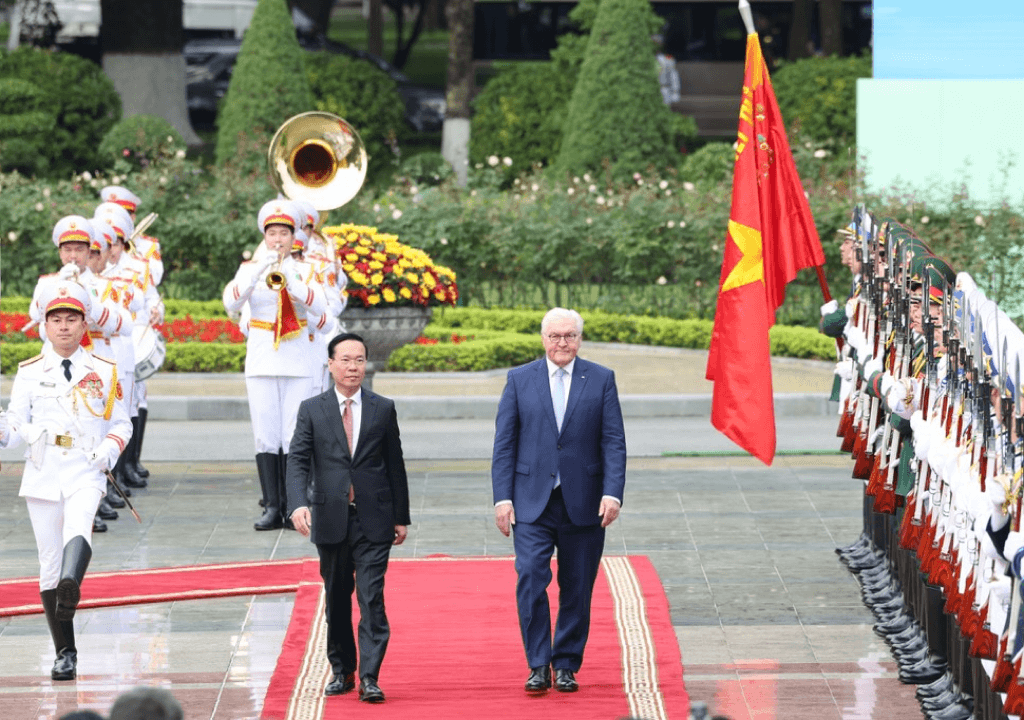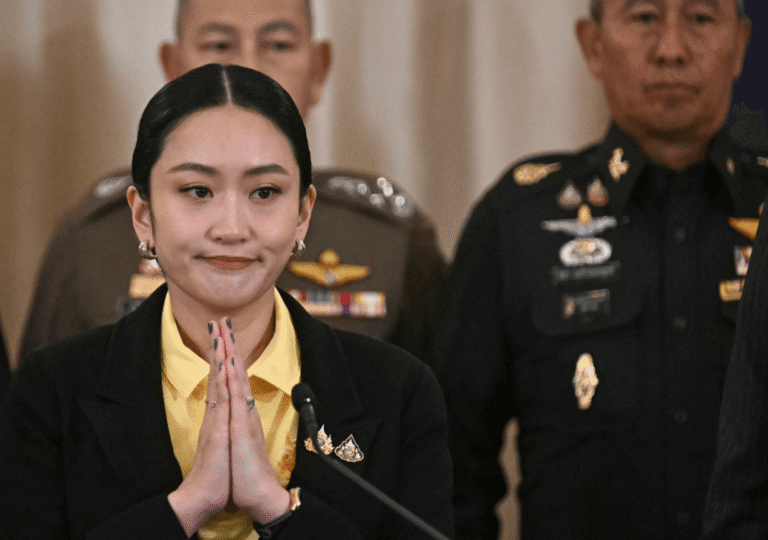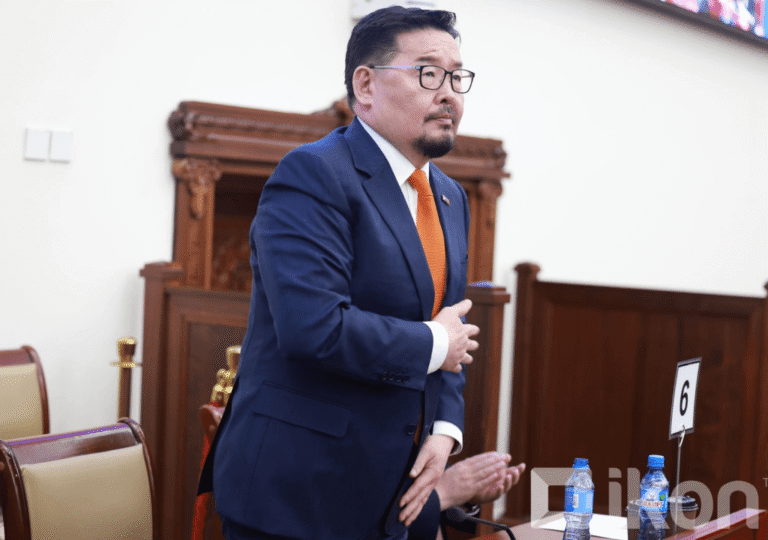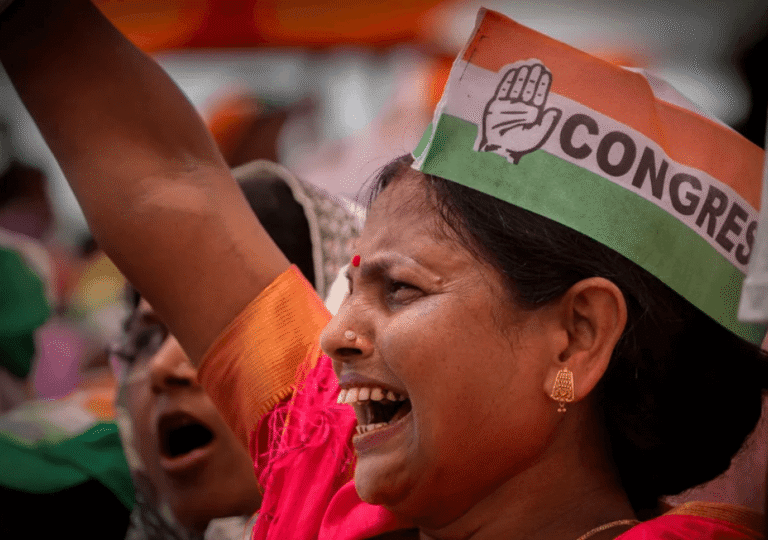As Geopolitical Tensions Rise in Asia, Vietnam Gains Prominence as Europe’s Alternative to China. With China taking assertive positions in the South China Sea, Taiwan, and facing escalating tensions with the United States, relationships between China and the West, including Europe, have become strained. Nevertheless, propelled by the Western demand for cost-effective labor and production, Vietnam is steadily emerging as the new focal point.
The West, seeking economical alternatives without disrupting global logistics routes significantly, views Vietnam as the new China. This shift is evident in the numerous bilateral talks and agreements between lawmakers from Vietnam and Europe. The recent visit of German President Frank-Walter Steinmeier to Indonesia further underlines this trend. The German President’s first foreign visit in 2024 is a crucial event in the first high-level exchange between the two countries this year.
During his visit, President Steinmeier is slated to engage in discussions with Việt Nam’s top leaders, focusing on strategies to enhance bilateral cooperation across various sectors. Additionally, he plans to tour German projects in Ho Chi Minh City and its environs, showcasing the evolving ties between the two nations.
At the same time, Prime Minister Phạm Minh Chính concluded a significant European tour focused on trade talks with various European leaders. Over two days in Davos, he participated in more than 30 activities, including the World Economic Forum’s (WEF) Country Strategic Dialogue on Việt Nam and discussions about Việt Nam’s global vision. Prime Minister Chính, accompanied by his spouse and a high-ranking Vietnamese delegation, returned to Hà Nội on the same day that the German President arrived in the city.
He took part in official visits to Hungary and Romania, leaving a lasting impression on participants. These events showcased Vietnam’s impressive socio-economic accomplishments, development strategies, dedication to independence and self-reliance, and responsible contributions to regional and global peace and development. His activities during the visits were diverse, including delivering policy speeches at universities, actively participating in business forums, holding meetings with friendship associations connecting Hungary, Romania, and Vietnam, engaging with Vietnamese communities, and touring economic and scientific-technical establishments. Both sides committed to enhancing collaboration across various sectors, positioning Vietnam as a bridge connecting Hungary and Romania with the Association of Southeast Asian Nations (ASEAN). Additionally, Hungary and Romania expressed their readiness to facilitate connections between Vietnam and Europe.
These official visits represented significant milestones in the Việt Nam-Hungary comprehensive partnership and the Việt Nam-Romania traditional and friendly partnership.
During discussions with the Romanian Prime Minister, plans were outlined to facilitate infrastructure collaboration with Vietnamese ports, promoting transport growth. There was a commitment to double trade exchanges to EUR€1 billion in the coming years. The Romanian Prime Minister expressed the intention to encourage major Romanian companies in the gas and electricity sectors to establish partnerships with Vietnamese counterparts. He identified agriculture and the pharmaceutical industry as two strategic cooperation areas and proposed the implementation of pilot projects for investment in aquaculture, leveraging Việt Nam’s considerable experience in the field. Additionally, gratitude was expressed for Việt Nam’s donation of 10,000 doses of African swine fever vaccine during the visit, with a desire for collaboration in technology transfer and investment in vaccine production for the European market.
Việt Nam and the European countries also agreed to fully implement the EU-Việt Nam Free Trade Agreement (EVFTA) and persuade the remainders to ratify the EU-Việt Nam Investment Protection Agreement (EVIPA). A number of cooperation documents in multiple fields were signed during the visits, including nearly 30 on cooperation in education – training between Vietnamese universities and training institutions of the two countries.
Vietnam’s increasing proximity to Europe has drawn China’s attention, and the Chinese government has responded strategically. In an effort to improve ties with the neighboring communist nation while Hanoi expands its diplomatic ties with the West, President Xi Jinping recently paid his first state visit to Vietnam in six years. During his visit, Xi plans to hold talks with Prime Minister Pham Minh Chinh, President Vo Van Thuong, and Communist Party General Secretary Nguyen Phu Trong in order to strengthen bilateral relations. After that, the two nations continued to negotiate 37 agreements on various subjects, including trade and the advancement of cross-border rail. Furthermore, they chose to carry out joint patrols in the Tonkin Gulf, emphasizing their strategic alliance.
Following closely on the heels of United States President Joe Biden’s recent visit to Vietnam, this event underscores the competition among major powers for influence in the Southeast Asian nation. Vietnam has consistently adhered to a diplomatic approach known as ‘bamboo diplomacy,’ aiming to foster positive relations with both China and the United States. Despite expressing concerns alongside the U.S. regarding Beijing’s assertiveness in the South China Sea, Vietnam acknowledges the political commonality and strong economic ties it shares with China. However, Vietnam is strategically positioning itself for economic growth and regional prominence in East Asia.
In anticipation of increased business from Europe and the United States, Vietnam’s proactive efforts are evident through the swift visits by global powers and the corresponding investments and security assurances provided by each. These unfolding developments highlight Vietnam’s ambition to emerge as a robust economy and a key player in East Asia. With sustained investments and security commitments, Vietnam is poised for significant development, solidifying its status as the emerging economic powerhouse in the region. It seems that Europe has found its new China in Vietnam.








